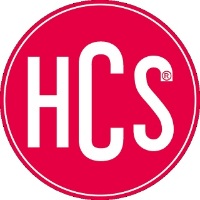
HCS A/S Transport & Spedition
HCS A/S is a 100% Danish family owned and family managed company, founded in 1941.
HCS employs more than 500 employees in 14 locations and six countries (Denmark, Finland, Lithuania, Poland, Germany and Greece).
HCS is divided in six sections, each specialiced in their field: